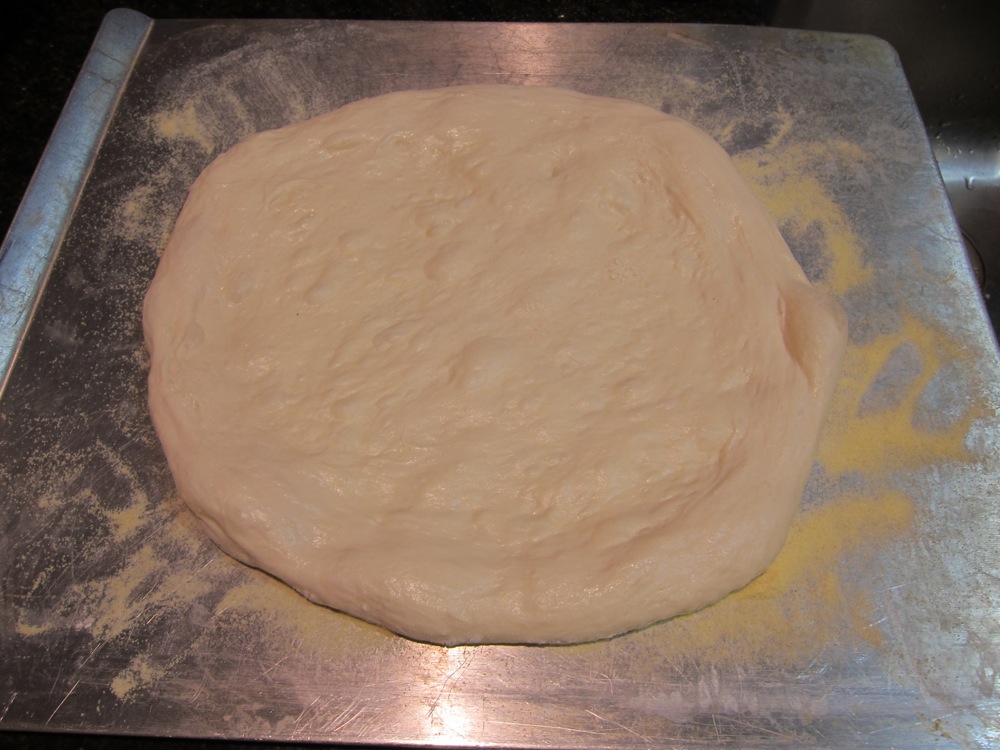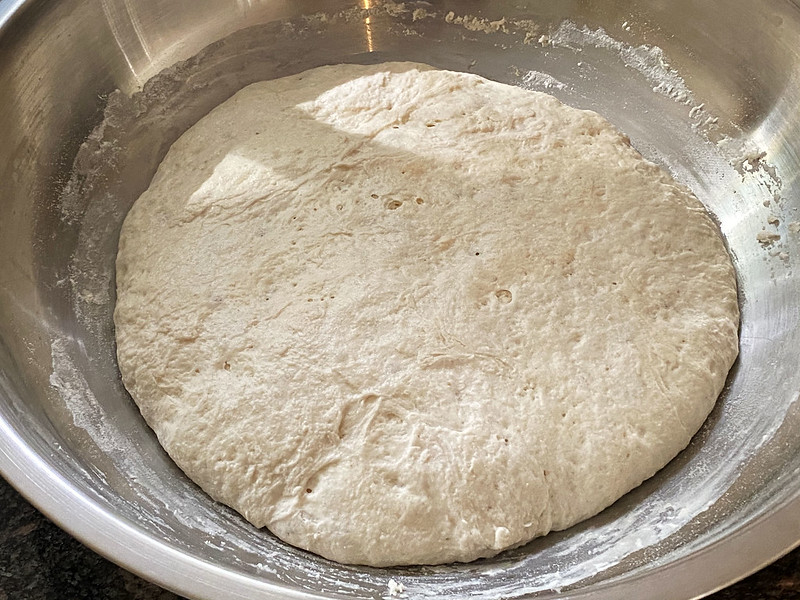When it comes to pizza, the dough is the unsung hero, the foundation upon which delectable flavors are built. But what happens when you find yourself juggling a busy schedule, yet craving that homemade pizza experience? Freezing pizza dough emerges as a practical solution, an art as much as it is a science.
The very process of freezing transforms the dough, locking in its flavor and texture while halting the fermentation process at just the right moment. This gives home cooks the power to preserve their culinary creations until they’re ready to be brought back to life, transforming a simple, frozen block into a crispy, golden crust.
In this exploration, we’ll delve into the fascinating science behind freezing pizza dough—the chemical reactions, the impact on gluten structure, and how temperature plays a pivotal role in achieving that perfect bite. Join us as we unlock the secrets behind this beloved culinary technique!
Understanding Pizza Dough Composition

Understanding the composition of pizza dough is essential to grasping how freezing affects its structure and quality. At its core, pizza dough is a fascinating amalgamation of flour, water, yeast, and salt, each playing a pivotal role in the overall chemistry.
The flour—often high in gluten content—provides the backbone, lending elasticity and strength, while water hydrates the flour, activating the gluten proteins and enabling fermentation. Yeast is the magical ingredient that transforms the mixture into a living organism, producing carbon dioxide and causing the dough to rise.
Salt, although seemingly minor, regulates fermentation speed, ensuring that flavors develop harmoniously. When freezing comes into play, these elements interact in unexpected ways: the formation of ice crystals can impact gluten structure, while the fermentation process is paused, raising intriguing questions about the dough’s future texture and taste once it’s thawed and baked.
By unraveling these components, one can appreciate not just the art, but the science that makes a perfect pizza.
Key Ingredients and Their Roles

In the art of crafting pizza dough, several key ingredients play pivotal roles, each contributing uniquely to the overall end product. Flour serves as the foundation, providing essential gluten, which lends the dough its structure and chewiness; the type of flour can dramatically influence texture and flavor.
Water acts as a solvent, hydrating the flour and activating gluten development, while its temperature can affect fermentation. Yeast, the magical microorganism, is responsible for the fermentation process, producing carbon dioxide that causes the dough to rise, creating those delightful air pockets. Then theres salt, not just a flavor enhancer, but a vital player in controlling yeast activity and strengthening gluten.
Finally, sugar adds both sweetness and a nurturing environment for yeast, promoting a lovely golden crust. Each ingredient, when combined with precision, creates a symphony of flavors and textures, setting the stage for the perfect pizza.
The Freezing Process Explained
The freezing process is a fascinating blend of physics and culinary science, critical for preserving the integrity of pizza dough. When dough is exposed to low temperatures, the water content within it begins to crystallize, turning into ice.
This transformation occurs at around 32 degrees Fahrenheit, where the tiny water molecules anchor themselves together, pulling other components along—such as yeast and gluten. With the right methods, freezing can halt fermentation, allowing pizza makers to enjoy leavened dough long after its initial preparation.
However, it’s not as simple as just tossing dough in the freezer. Rapid freezing is essential to minimize ice crystal formation, which can compromise texture upon thawing.
As a result, when you finally decide to bake that frozen dough, you’ll find that, if done right, it retains much of its fresh, airy quality, making every slice a delightful experience.
Conclusion

In conclusion, the science behind freezing pizza dough reveals a fascinating interplay between fermentation, texture, and convenience. By understanding how the freezing process affects yeast activity and moisture retention, pizza enthusiasts can achieve a superior crust that rivals any pizzeria.
Properly prepared frozen pizza dough not only allows for great flexibility in meal planning but also ensures that every homemade pizza retains its delightful flavor and texture. Whether youre a seasoned chef or a novice in the kitchen, mastering the art of freezing pizza dough can elevate your culinary creations, making it a worthwhile addition to your cooking repertoire.








